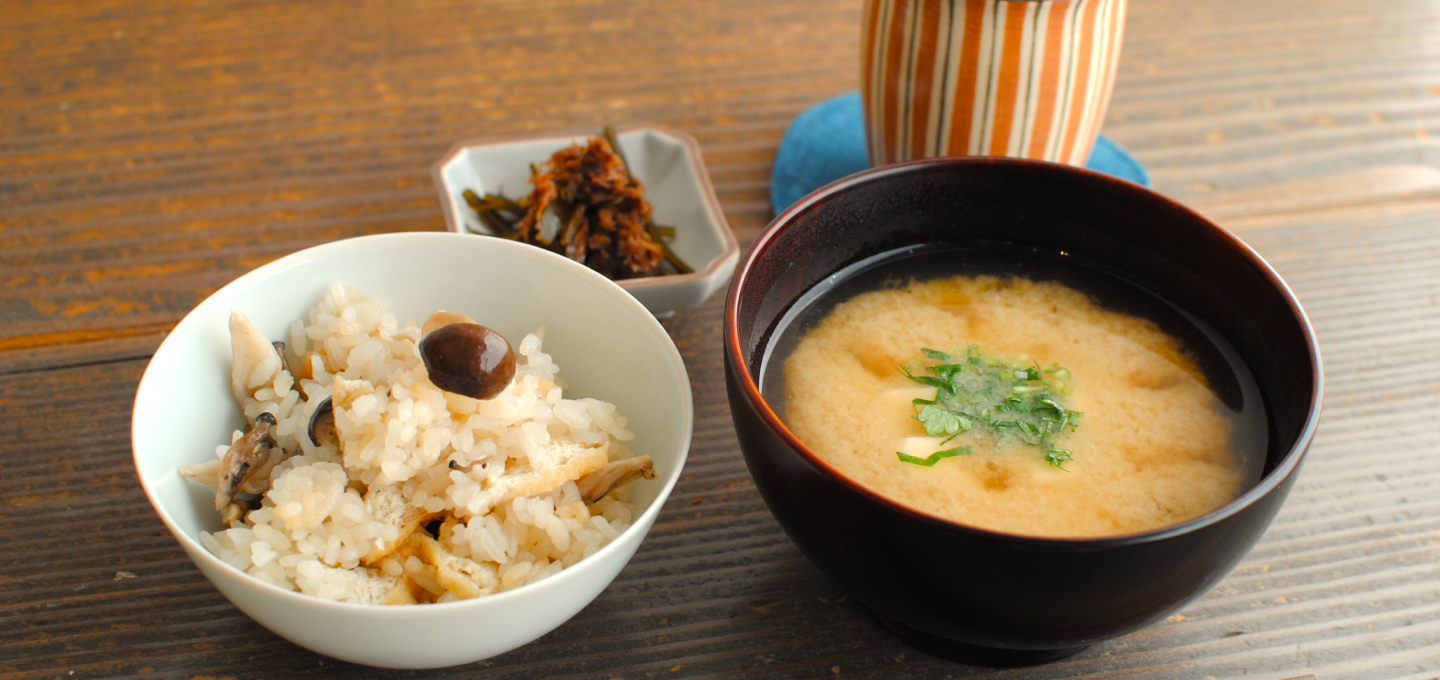
Special Experience
Kyoto
Explore Washoku at a Venerable Dashi Store in Kyoto With a Dashi Tasting and Cooking Experience
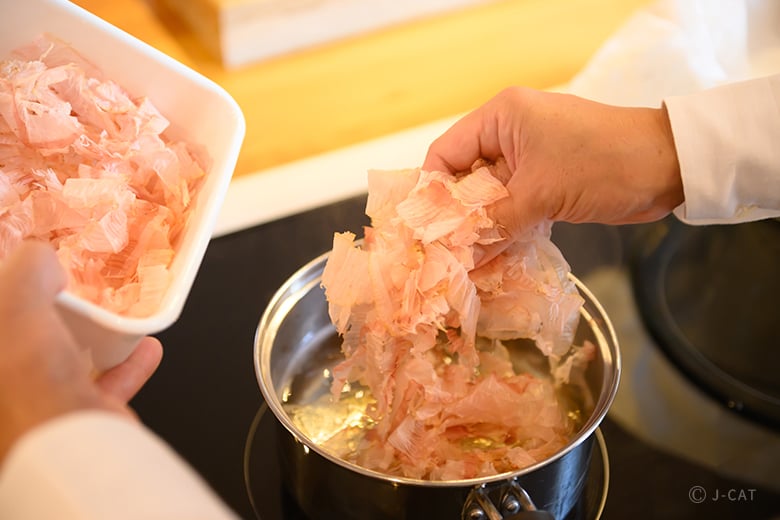
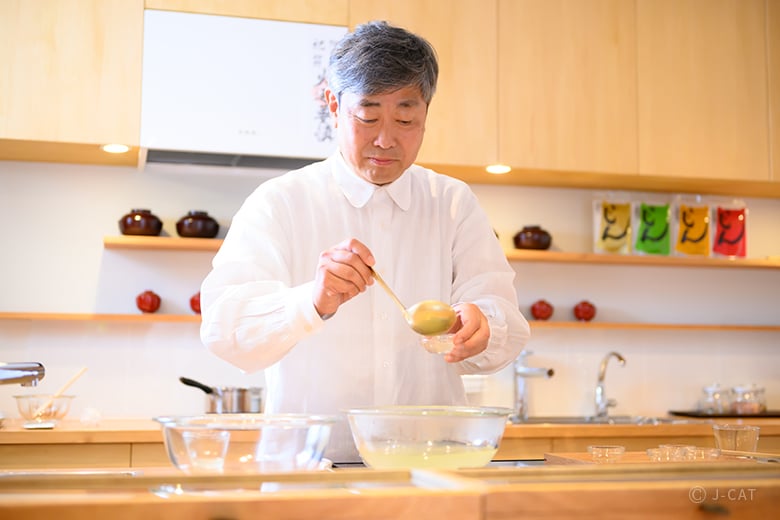
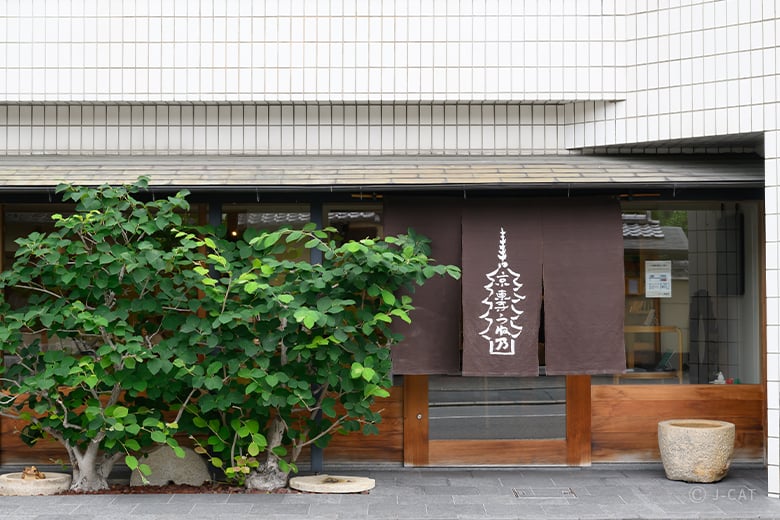
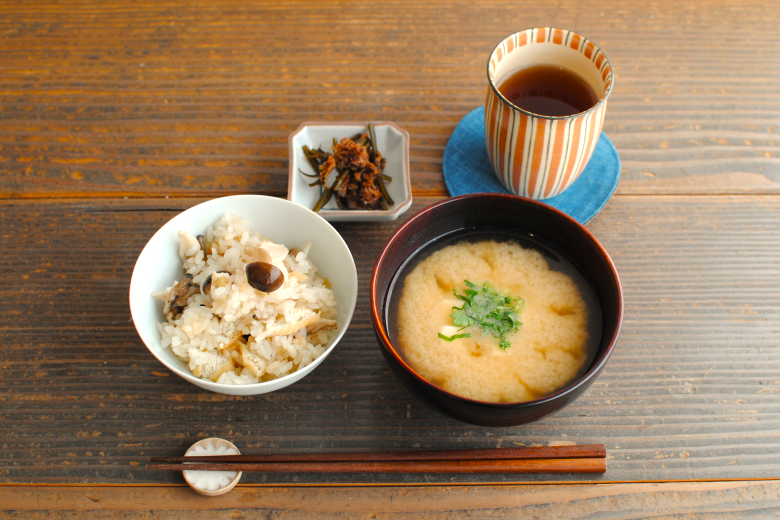
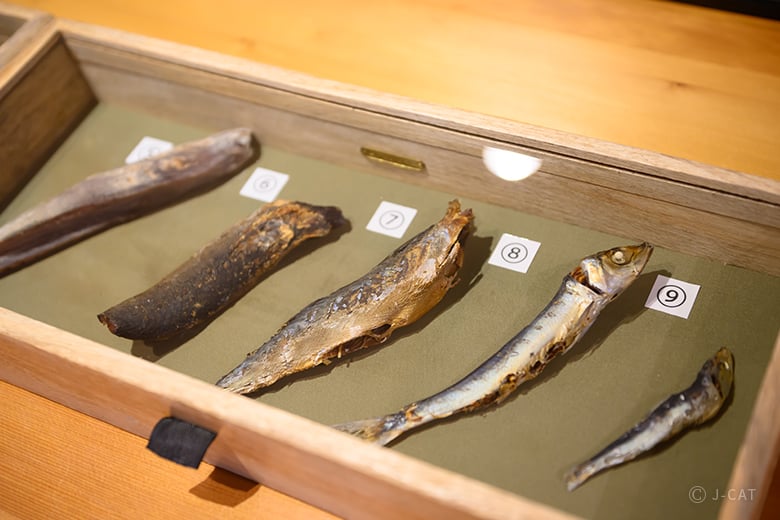
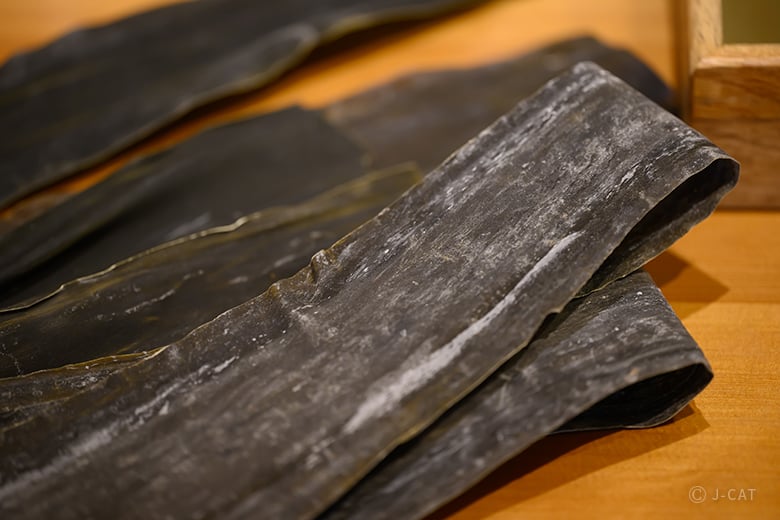
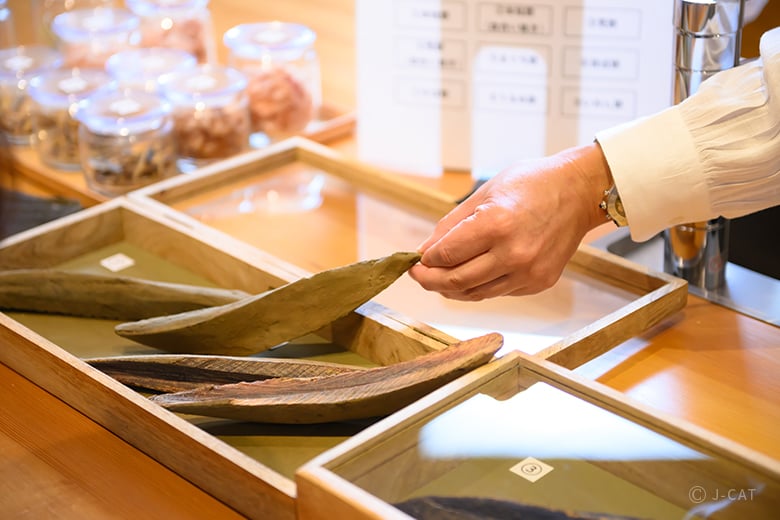
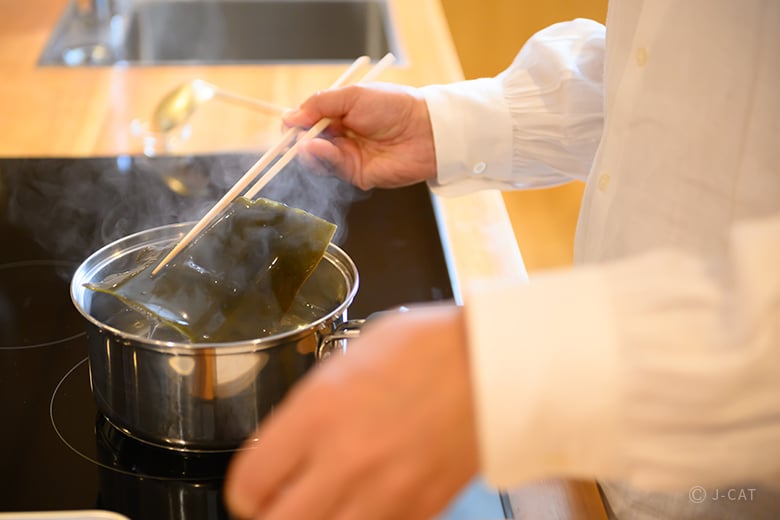
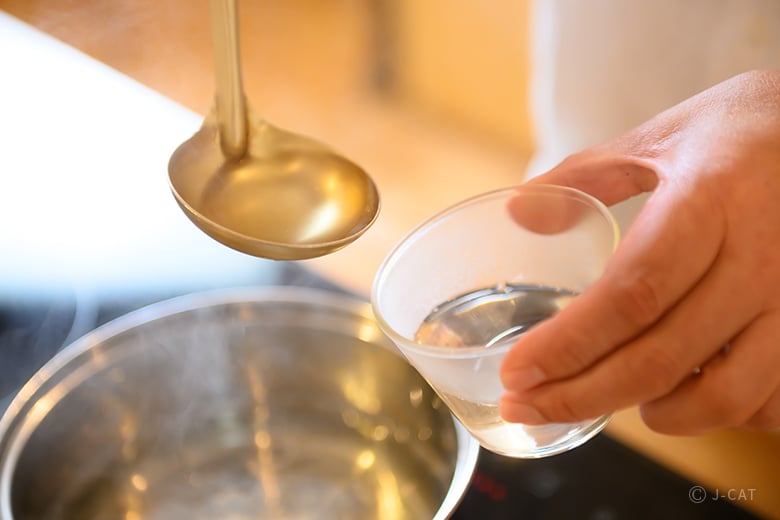
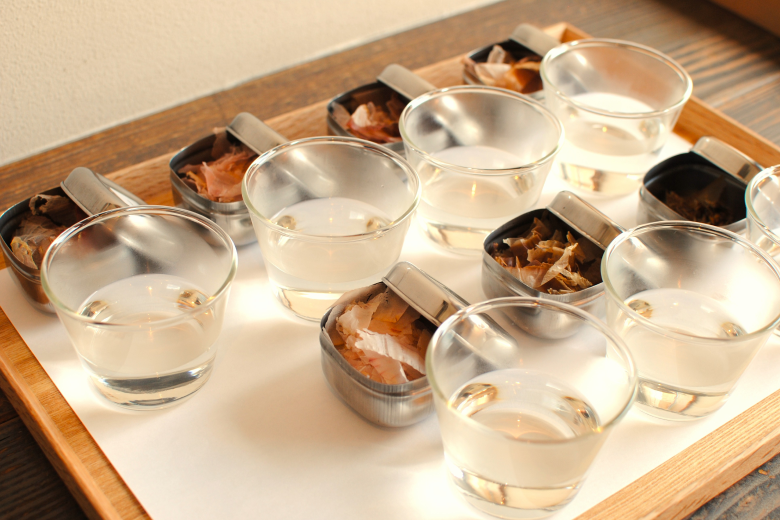
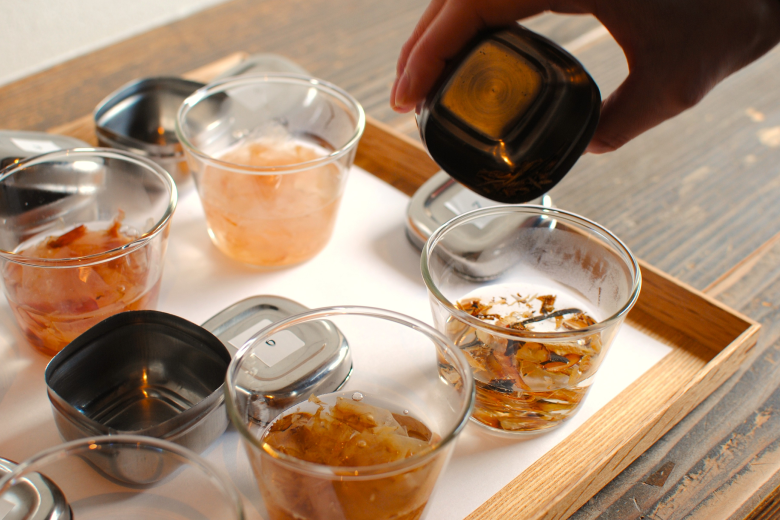
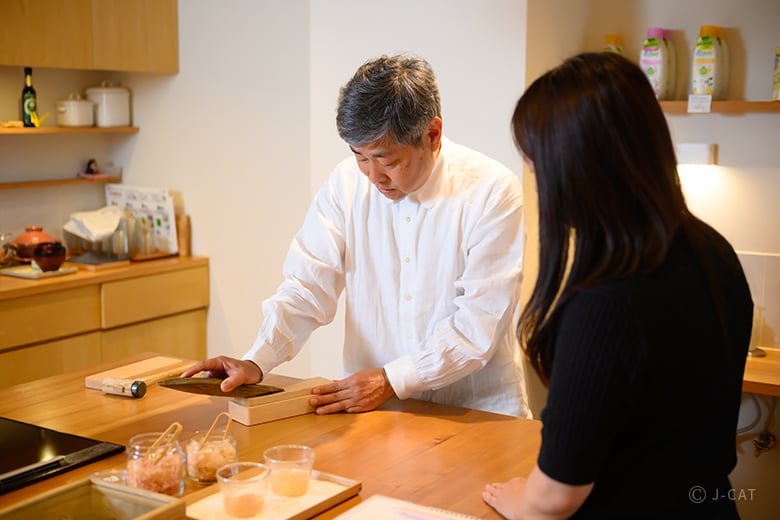
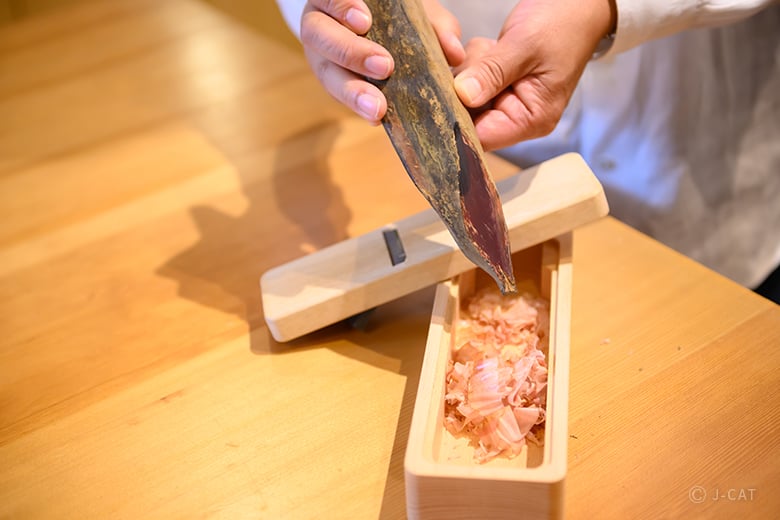
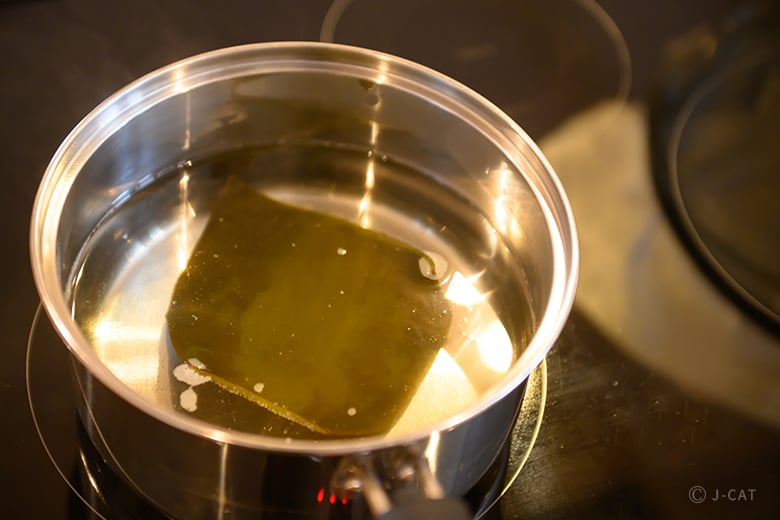
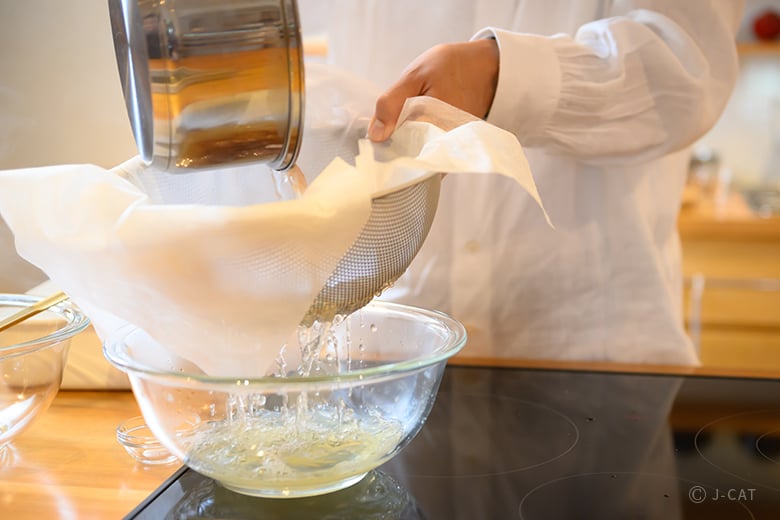
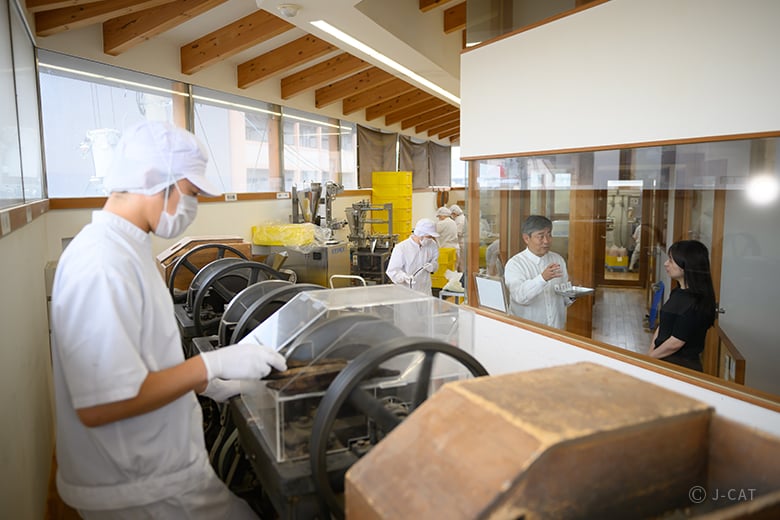
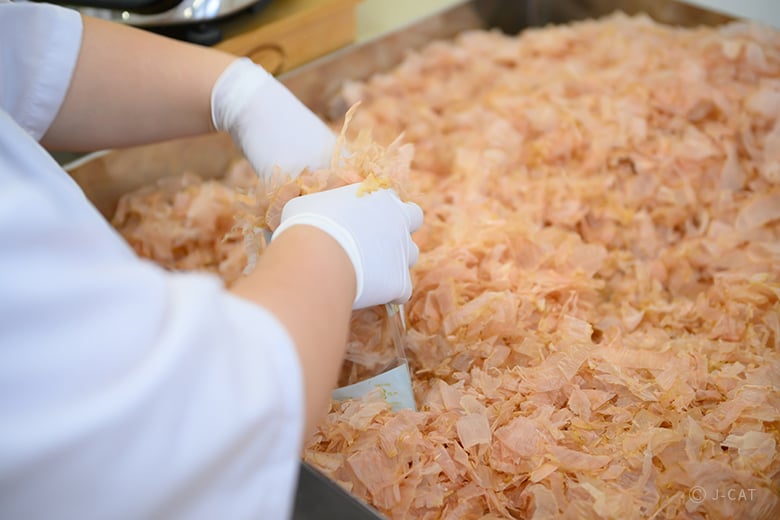
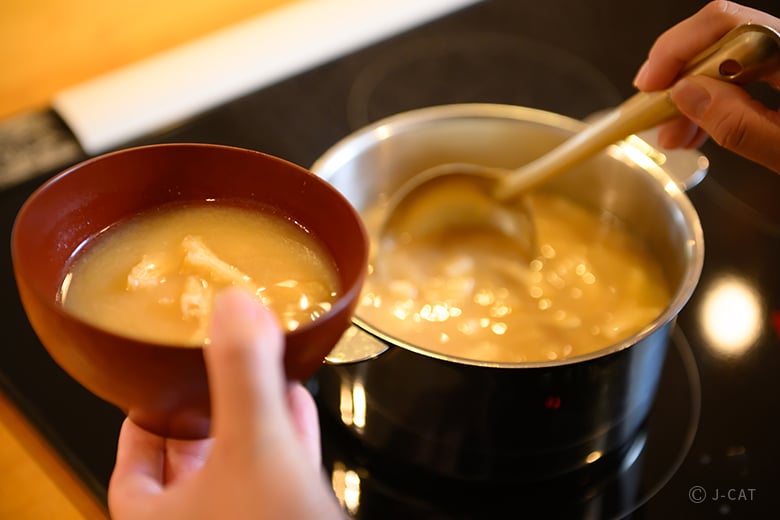
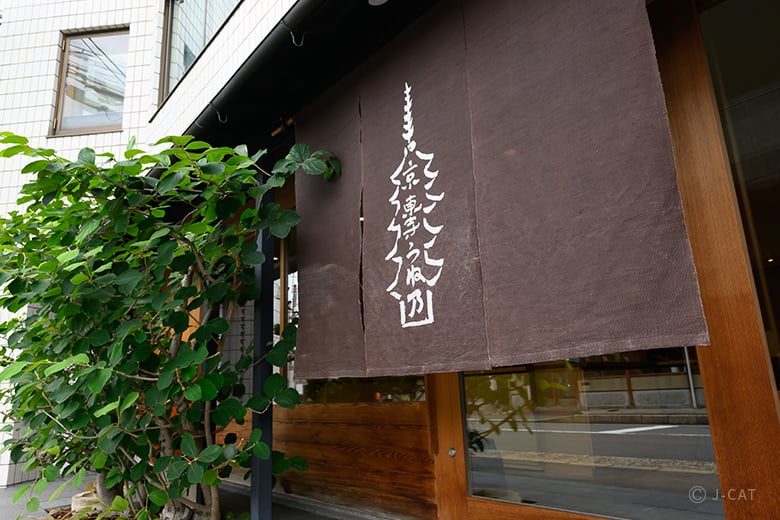
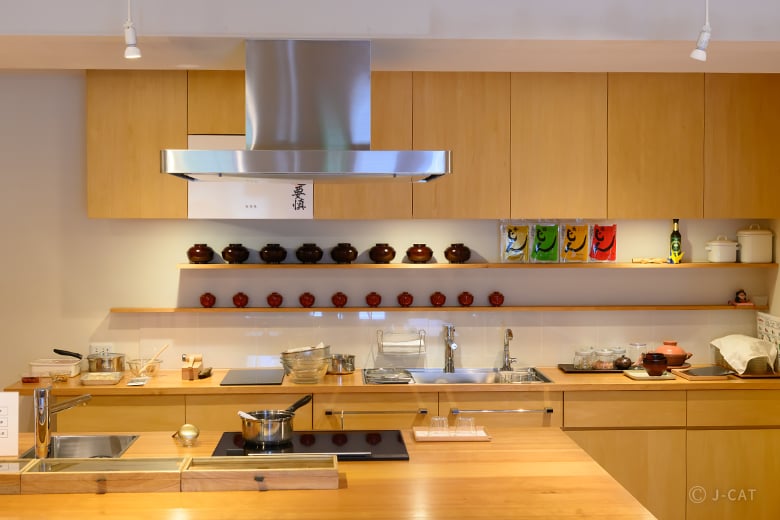
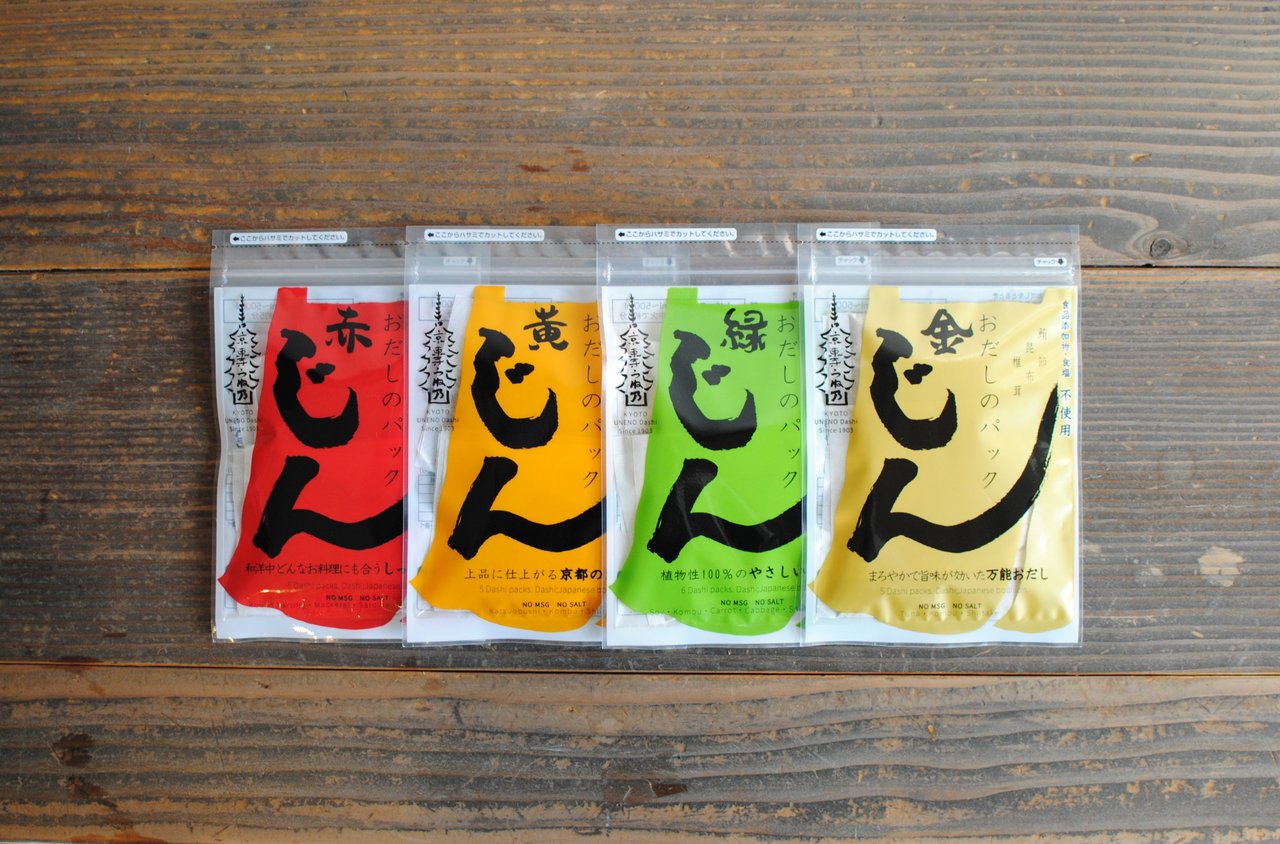





















Overview
Washoku, or Japanese cuisine, is recognized by UNESCO as an intangible cultural heritage and celebrated for its health benefits. This Wabunka exclusive experience teaches you about dashi, the cornerstone of washoku, at Uneno, a Kyoto dashi store founded in 1903. You'll learn to make dashi, tour the factory, taste different types of dashi, and shave bonito flakes. A technical cooking class is included, where you'll use dashi to prepare dishes and learn how to make use of the leftover dashi ingredients after extracting the broth. This experience will deepen your appreciation and understanding of Japanese cuisine and culture.
Key Features
・Wabunka exclusive plan to learn about dashi, the foundation of Japanese cuisine, at a renowned dashi store that supplies famous shrines
・Observe dashi processing, compare different dashi types, and try shaving bonito flakes—perfect for those interested in Japanese food culture
・Includes a technical cooking class to learn to prepare and cook with dashi
Kyoto
120mins
from ¥30,000 /person
1 - 10 participants
Available in English
Cancel free up to 4 days prior
* If fewer than 2 participants, the minimum fee will be JPY 60,000
Details
Learn the Basics of Japanese Cuisine at a Historic Dashi Store in Kyoto
Since its UNESCO Intangible Cultural Heritage designation, Japanese cuisine has gained increasing attention both at home and abroad. At the heart of Japanese cuisine lies dashi, a soup stock made from ingredients like kombu, bonito flakes, and dried sardines, serving as the base for dishes such as miso soup and udon. In this experience, you’ll explore dashi, an indispensable element of the Japanese dining experience, at Uneno Main Store in Kyoto.

Uneno Main Store is a 15-minute walk from Toji Temple, a World Heritage Site
Founded in 1903, Uneno is a dashi dried goods store spanning four generations. Initially in Shiga Prefecture selling rice and dried goods, the second-generation owner expanded operations to Kyoto, focusing on dashi products, particularly bonito flakes. Known for its historical significance, Uneno has supplied "mike," offerings to gods, to many temples and shrines, including Yasaka Shrine and Fushimi Inari Taisha Shrine.

Workshop space at Uneno Main Store
Dashi, an Essential Part of Japanese Food Culture
This experience begins with a classroom lesson on dashi basics. Dashi is a soup stock made by boiling kombu, a type of seaweed, and shaved bonito flakes, which are smoked fish flakes grated with a special tool. Interestingly, different regions use different types of kombu for dashi. For example, the fragrant Rishiri kombu is popular in Kyoto and the Kansai region, while the sweet Rausu kombu is commonly used in Tokyo and the Kanto region.

Rishiri kombu, favored in the Kansai region for its elegant flavor
Various fish such as bonito, tuna, mackerel, round herring, and sardines are used for shavings, each imparting unique tastes and aromas. Chefs can discern these differences and select the most suitable ingredients for their dishes.

Add dried bonito flakes to a soup made from boiled kombu to make dashi stock
"Dashi is essential in Japanese cuisine. Uneno aims to make dashi that perfectly complements your dish without overshadowing its flavors," explains Motofusa Uneno, Uneno's representative. If you have any questions during the experience, your instructor will provide detailed explanations, so please feel free to ask anything you need clarification on.

Boil kombu alone to make ichiban dashi (first dashi) with a clear, golden hue
Explore Dashi's Charm with a Tasting and Factory Tour
After the lesson, you'll taste and compare multiple types of dashi. Sample dashi made with one type of kombu and seven kinds of fish flakes, finding your favorite in the process.

Each dashi has its own unique taste and aroma
Following the dashi tasting, you’ll visit the factory at Uneno Main Store. Through glass, you can observe the actual manufacturing of bonito flakes, using a traditional bonito shaving machine passed down through generations. (Note: While bonito is commonly used, tuna or other fish may also be used in this experience depending on the day.) Skilled craftsmen make fine adjustments to shave each piece according to the unique shape of the smoked fish. The factory's spiral staircase is another highlight—it was constructed using traditional Japanese building techniques, without nails, featuring intricate wood joinery. Enjoy the opportunity to observe this fascinating building technique while touring the factory.

Using an old-fashioned electric bonito flake shaving machine
Make Dashi With Bonito Flakes Shaved by You
After the factory tour, try shaving bonito flakes yourself using a shaving tool. Hold the smoked bonito with its head facing you and shave from the tail. Listen for the "shari, shari" sound, indicating proper shaving.

Shave the bonito flakes as demonstrated by the instructor
Next, you'll learn to make dashi. Start by heating the kombu in water at around 60°C to 70°C. Once the kombu is removed from the pot, add the dried bonito flakes, using about 1% of the water's weight in flakes. Simmer gently for 30 seconds to 1 minute until the flakes sink, then strain them out with a kitchen towel or colander to finish the dashi.

Strain the dashi to remove the bonito flakes. The appetizing aroma of dashi fills the room
Deepen Your Knowledge of Japanese Food Culture Through Dashi
To wrap up the tour, you'll make miso soup using your homemade dashi and learn to create tsukudani, a traditional preserved food from the Edo period. Using leftover dashi ingredients (kelp and bonito), tsukudani is made by simmering small seafood, beans, or seaweed in soy sauce and mirin, resulting in a sweet and savory condiment. It’s a perfect example of Japanese ingenuity, where no ingredient goes to waste. Enjoy it with dashi-cooked rice, prepared with organic rice from Uneno’s own farm, and experience the essence of Japanese cuisine crafted from wholesome, healthy ingredients.

After savoring the dashi soup, take home a dashi souvenir pack
The more you learn about dashi, the more fascinating it becomes. While dashi is synonymous with Japanese cuisine, Uneno suggests a surprising twist: "Try using dashi instead of water for boiling pasta or making stew. It complements Western dishes surprisingly well. Practice what you've learned at home," encourages Uneno. Why not explore dashi, which underpins Japanese food culture, through an experience that goes beyond simply enjoying Japanese cuisine?
Uneno

Uneno
Founded in 1903, Uneno is a venerable dashi dried goods store known for its carefully selected, additive-free ingredients and traditional manufacturing methods. Trusted for supplying dried goods to prestigious temples and shrines like Fushimi Inari Shrine and Yasaka Shrine, Uneno offers dashi packs, dashi jelly, and immersive dashi experiences at their main store. The attached factory is HACCP-certified and employs traditional Japanese techniques, with a spiral staircase featuring construction using wood joinery without nails.
Customer's Voice
The experience of exploring washoku was absolutely wonderful! Our interpreter had an extremely friendly, patient and fun attitude! I shared that I had studied in Osaka and she mentioned that she was also from there. She shared her own experiences with cooking and culture during the course. Maya, our instructor, was also very wonderful! She explained everything very thoroughly in a friendly way, helped us with the hands-on part on how to make the perfect dashi, and tailoring it to our tastes. I loved the way she built up the tasting to start from mildest to strongest tastes so we could find our favorite combinations of kelp and katsuobushi. I felt so confident walking away from the course that I knew how to make miso soup and onigiri properly, thanks to them. Maya even told us about her experiences in the Netherlands (where we live) and spoke some Dutch with us! I really hope that others will attend this very special course that embraces the beautiful and natural cuisine of Japan! We will cherish this memory.
A.D. United States
Location
Uneno
Minami Ward, Kyoto
Request for booking
Select first preferred date (JST)
April 2025
Sun
Mon
Tue
Wed
Thu
Fri
Sat

17
Available

17
Full

17
No Events
Kyoto
120mins
from ¥30,000 /person
1 - 10 participants
Available in English
Cancel free up to 4 days prior
* If fewer than 2 participants, the minimum fee will be JPY 60,000
Things to know
Contact Us
If you have any questions, please contact us using the form below.
We also accept bookings from corporate clients and travel agencies.